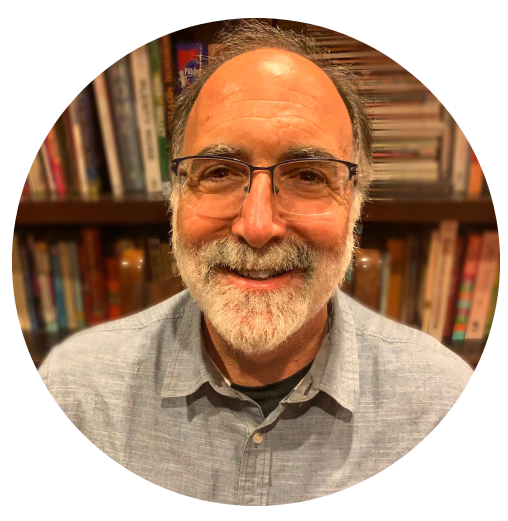 In 2015, the USC Sociology Department celebrated its 100th year anniversary. Concordant with our history, current faculty and students use a wide range of methods and data to theoretically advance the discipline and move the needle on social problems and social inequalities. Our faculty run a Quantitative Methods Seminar Series in the Social Sciences, right alongside a Workshop Series on Ethnography of Public Life. In our general Colloquium series every Wednesday, the department comes together in intellectual exchange, unencumbered by other teaching or scheduling conflicts.
In 2015, the USC Sociology Department celebrated its 100th year anniversary. Concordant with our history, current faculty and students use a wide range of methods and data to theoretically advance the discipline and move the needle on social problems and social inequalities. Our faculty run a Quantitative Methods Seminar Series in the Social Sciences, right alongside a Workshop Series on Ethnography of Public Life. In our general Colloquium series every Wednesday, the department comes together in intellectual exchange, unencumbered by other teaching or scheduling conflicts.
The work being done here has important implications for social policy. You will find our research not only in university press monographs and top academic journals, but also in the headlines of major news outlets, and in the references of flagship law review articles, DC policy initiatives, and federal and state court cases. Examples include ongoing research projects on residential and school segregation, workplace policies and family wellbeing, the rise of Latino entrepreneurs in the formal economy, the unintended consequences of NGOs, the politicization of housing, black/brown relations in urban contexts, men’s participation in feminist movements, the politics of race and urban development, the feminization of labor and migration, the role of families and schools in health disparities in Africa and Asia, environmental inequities facing low-income urban communities, and youth’s sexual orientations and transitions to adulthood. USC boasts some of the nation’s leading sociologists in stratification, family, gender, immigration, race, political sociology, and culture.
We have 20 full-time tenure-track faculty, and four full-time non-tenure track faculty. We believe strongly in the advancement of sociology as a discipline and its intergenerational transmission. We put our best methodologists at the helm of our graduate sequences in quantitative and qualitative methods, and we offer a rotating series of graduate seminars in 12 core areas of the discipline. Most of the leaders in USC’s social science research centers are faculty from the sociology department. These include the Spatial Sciences Institute, the Center for the Study of Immigrant Integration, the Center for Economic and Social Research, and the Center for Feminist Research. Graduate students collaborate in research projects with faculty mentors, usually resulting in co-authored papers. USC Sociology Ph.D. alums are working in R1 universities, liberal arts colleges, state universities, and community colleges.
The faculty and students in USC Sociology are experts at exploring the cultural riches of the “Southland,” both intellectually and experientially, and tend to quickly fall in love with Los Angeles. We believe in working hard and playing hard, and that our social science should be fun. I invite you to explore our website and to contact me with any questions that you might have.
– Tim Biblarz, Chair